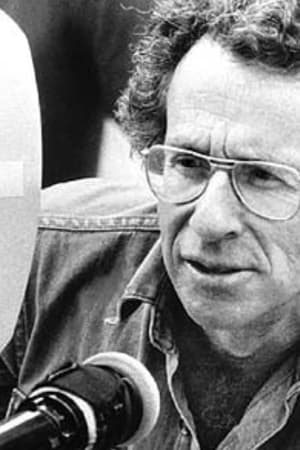Letter to the Engineer
Top 1 Billed Cast
Narrator
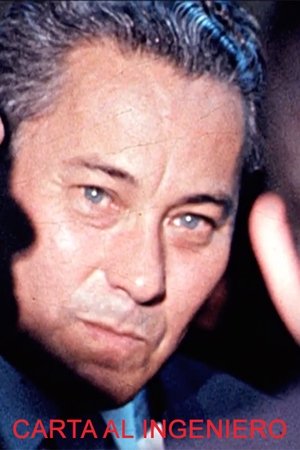
Carta al Ingeniero
HomePage
Overview
A short documentary film about the director's relationship with his deceased grandfather.
Release Date
2011-01-01
Average
0
Rating:
0.0 startsTagline
Genres
Languages:
EspañolKeywords
Similar Movies
 6.7
6.7Workers Leaving the Lumière Factory(fr)
Working men and women leave through the main gate of the Lumière factory in Lyon, France. Filmed on 22 March 1895, it is often referred to as the first real motion picture ever made, although Louis Le Prince's 1888 Roundhay Garden Scene pre-dated it by seven years. Three separate versions of this film exist, which differ from one another in numerous ways. The first version features a carriage drawn by one horse, while in the second version the carriage is drawn by two horses, and there is no carriage at all in the third version. The clothing style is also different between the three versions, demonstrating the different seasons in which each was filmed. This film was made in the 35 mm format with an aspect ratio of 1.33:1, and at a speed of 16 frames per second. At that rate, the 17 meters of film length provided a duration of 46 seconds, holding a total of 800 frames.
 8.2
8.2Night and Fog(fr)
Filmmaker Alain Resnais documents the atrocities behind the walls of Hitler's concentration camps.
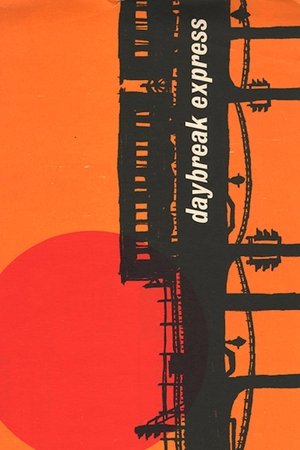 7.3
7.3Daybreak Express(en)
Set to a classic Duke Ellington recording "Daybreak Express", this is a five-minute short of the soon-to-be-demolished Third Avenue elevated subway station in New York City.
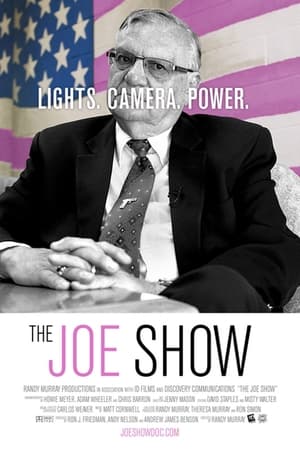 8.0
8.0The Joe Show(en)
Eight years in the making, The Joe Show is a shocking and wildly entertaining documentary about America’s most controversial Sheriff, Joe Arpaio, and his ringmaster’s approach to modern media, politics and law enforcement. Joe's desire for fame changes democracy forever and the voters cheer as ratings soar. The Joe Show explores how Joe uses media and his role as Sheriff to make himself the most famous law enforcement officer in the world. Racism, sex crimes, illegal immigration, first amendment rights, deaths at the hands of his employees – even Obama’s birth certificate – are all issues Joe faces and spins. Featuring Larry King, Steven Seagal, Hugh Downs, Ted Nugent, Dan Ariely and Noam Chomsky A movie that will engage and enlighten both Joe’s detractors and supporters, the Joe Show takes a hard yet balanced look at how democracy can survive when persuading voters becomes more important than protecting them.
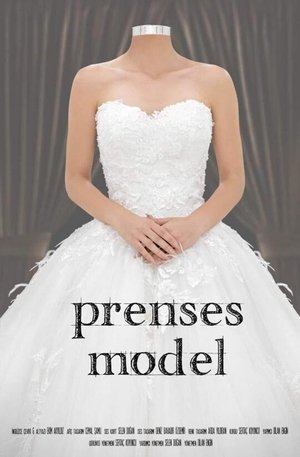 0.0
0.0Princess Ball Gown(tr)
Wedding rituals grounded on non-verbal social agreements represent the perception of society in general. Wedding dress is a symbolic part of these rituals. The process that a wedding dress has went through can be considered as an embodiment of the formation of women identity in society. Like most of the women, wedding dressmakers also dream of being a princess once they wear their wedding dress. On the other hand, dressmakers are certainly aware of the fact that they promote the already existing image of women in society because of their job. While they also recognise the truth is way different.
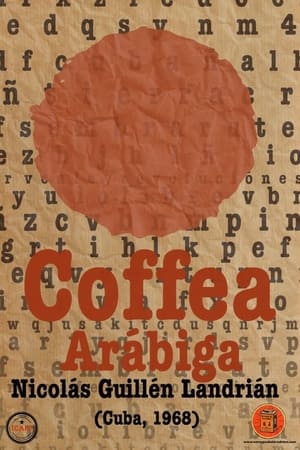 5.2
5.2Arabian Coffee(es)
'Coffea arábiga' was sponsored as a propaganda documentary to show how to sow coffee around Havana. In fact, Guillén Landrián made a film critical of Castro, exhibited but banned as soon as the coffee plan collapsed.
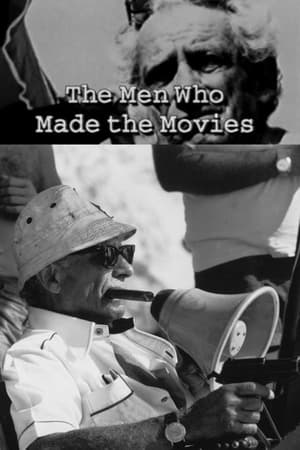 5.8
5.8The Men Who Made the Movies: Samuel Fuller(en)
Samuel Fuller discusses his career as a filmmaker, illustrated by plenty of clips.
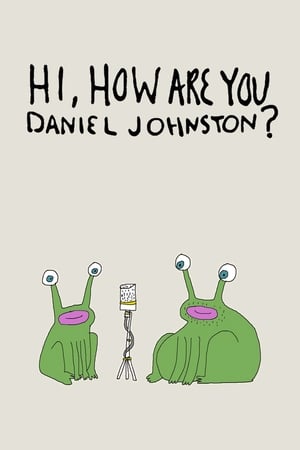 7.3
7.3Hi, How Are You Daniel Johnston?(en)
Daniel Johnston stars in this psychedelic short film about an aging musician coming to terms with the dreams of yesteryear.
 4.9
4.9Visions of Europe(en)
Twenty-five films from twenty-five European countries by twenty-five European directors.
The Unfinished Journey(en)
A short about American life and history produced for the millennium New Year's Eve celebration.
 0.0
0.0Siamo qui(it)
Activists of the LGBTQ+ association Rain Arcigay Caserta come back living in a property given to them in concession, confiscated from the Camorra in Castel Volturno. The goal is to reconnect with the local inhabitants and propose a new idea of sharing and regenerating the park.
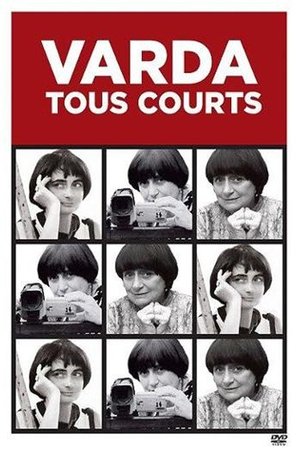 0.0
0.0La Cocotte d'azur(fr)
A short film made with the film end rolls of 'Du côté de la côte'.
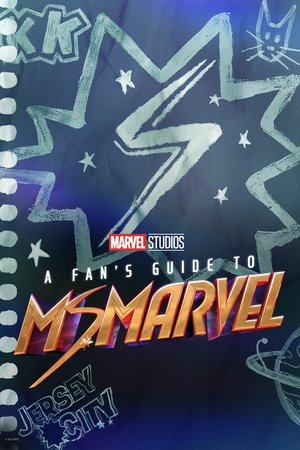 7.0
7.0A Fan's Guide to Ms. Marvel(en)
A documentary short that gives you an exclusive look behind the groundbreaking original series, "Ms. Marvel", from its comic book origins to its development and production as Marvel Studios’ next hit series on Disney+. It features interviews with its award winning filmmaking team and the show’s captivating star, newcomer Iman Vellani.
 7.1
7.1The Arrival of a Train at La Ciotat(fr)
A group of people are standing along the platform of a railway station in La Ciotat, waiting for a train. One is seen coming, at some distance, and eventually stops at the platform. Doors of the railway-cars open and attendants help passengers off and on. Popular legend has it that, when this film was shown, the first-night audience fled the café in terror, fearing being run over by the "approaching" train. This legend has since been identified as promotional embellishment, though there is evidence to suggest that people were astounded at the capabilities of the Lumières' cinématographe.
Rambling 'Round Radio Row #1(en)
Jerry Wald has to write about radio, visiting Sid Gary gives him the tip it might be more easy for him to write this article at the radio station than at his newspaper office. At the studio they listen to the Boswell Sister's rehearsal, which is interupted by some not so friendly remarks by orchestra leader Abe Lyman, they listen at the door, where a Colonel Stoopnagel broadcast is prepared, as well as to the rehearsal of a new song for an broadcast by Kate Smith.
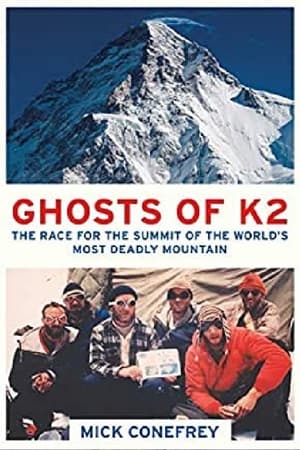 7.0
7.0Mountain Men: The Ghosts of K2(en)
The dramatic stories of Fritz Wiessner’s 1939 K2 expedition and Charlie Houston’s return in 1953. K2 is one of the hardest mountains in the world to climb. This film focuses on the expeditions of Fritz Wiessner and Charlie Houston in 1953. An award winner at the Banff, Telluride, Trento and Prague film festivals.
The Mirnavator(en)
Ultrarunners overcome every kind of hardship. During her first run of the season, Mirna Valerio has to silence those who think she's not fit for this sport.
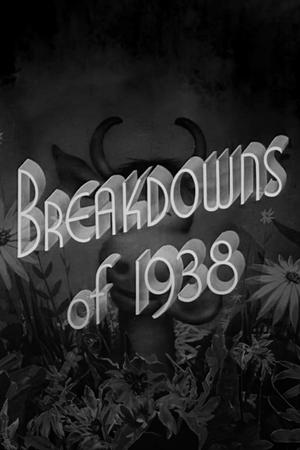 5.0
5.0Breakdowns of 1938(en)
Flubs and bloopers that occurred on the set of some of the major Warner Bros. pictures of 1938.
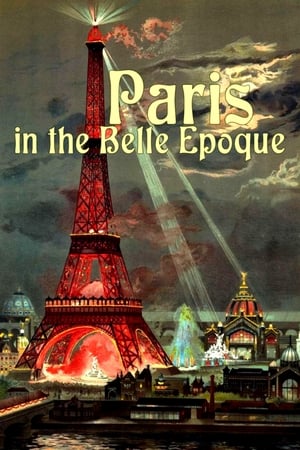 7.0
7.0Paris in the Belle Epoque(de)
The Bokelberg photographic collection brings to life the Paris of the Belle Époque (1871-1914), an exhibition of workshops and stores with extremely beautiful shop windows before which the owners and their employees proudly pose, hiding behind their eyes the secret history of a great era.
